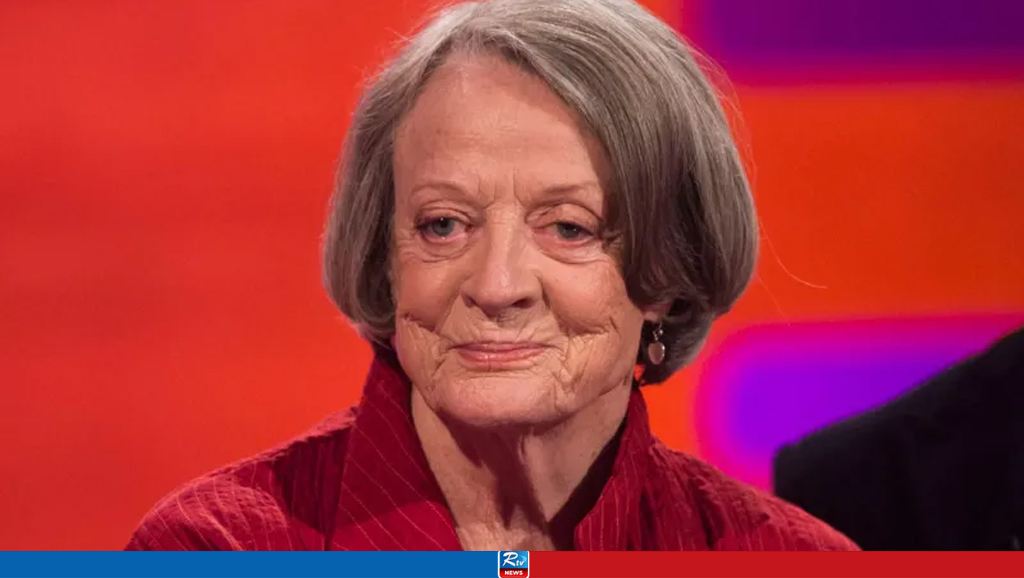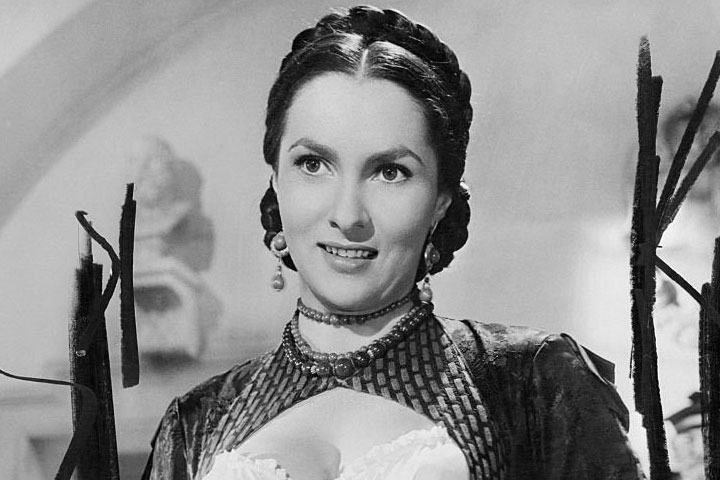15 films have now been shortlisted for the 2024 Oscar race for Best International Feature Film, the Academy of Motion Picture Arts and Sciences announced on Tuesday. Among them is Germany, which has submitted Mohammad Rasoulof's latest film, "The Seed of the Sacred Fig."
The work was inspired by the mass protests in Iran in 2022 that were sparked by the killing of a young woman, Mahsa Amini, by the so-called morality police. Rasoulof heard the demonstrations from his prison cell when he got the idea for a thriller exploring state violence, paranoia and censorship.
"The Seed of the Sacred Fig" follows Iman, an investigator for Iran's Revolutionary Court who is loyal to the regime but has begun to question the arbitrary and summary nature of the death warrants he is asked to sign.
At home, his wife and young daughters become caught up in the "Women, Life, Freedom" protests sparked by the death, in custody, of 22-year-old Mahsa Amini.
Amini had been detained for allegedly not wearing her hijab properly and was reportedly beaten by the police.
Fleeing Iran by foot
After shooting the feature in secret — the Iranian regime had banned the director from filmmaking in 2017 — Rasoulof had to leave the production and flee the country by foot across the border. He had just been sentenced to eight years in prison and a whipping for criticizing the regime, including their aggressive response to the pro-democracy protests.
After leaving Iran, Rasoulof was able to apply for asylum in Germany; he had lived in the country a few years earlier. His passport had been confiscated in Iran before his flight, but his information was already on file with the German authorities.
The director chose Germany in part because "The Seed of the Sacred Fig" was being edited in Hamburg by Andrew Bird, who works with award-winning German-Turkish director Fatih Akin.
Still, Rasoulof had not been able to visit the country when his film "There is No Evil" won the Golden Bear at the Berlin International Film Festival in 2020. That film was about the death penalty in Iran, and he made it while waiting for another prison sentence to be confirmed.
A dissident in exile
Rasoulof was awarded a special jury prize for "The Seed of the Sacred Fig" at the Cannes Film Festival in May not long after escaping Iran and completing the film abroad. The film also won the film industry's Fipresci prize, which was awarded during the festival.
"It was quite clear for me that what mattered most now was to go on making films and telling my stories," Rasoulof said in Cannes. "I had more stories to tell, and nothing could stop me from telling them."
Why an Iranian film representing Germany at the Oscars?
Munich-based German Films is a cinema marketing company that appoints the independent jury responsible for selecting the nation's Oscar entry. This year's jury chose "The Seed of the Sacred Fig" from among 13 films.
The fact that "The Seed of the Sacred Fig" was produced by Hamburg-based Run Way Pictures, received funding from a northern German film board and has a German distributor made it eligible for selection.
The jury called Rasoulof's latest cinematic triumph an "outstanding work by one of the great directors of world cinema."
"We are very happy to know that Rasoulof is safe in our country," continued the jury statement. "And we are delighted that he will be representing Germany at the Oscars in 2025."
The director and his producers said in a statement that the selection "shows how powerful intercultural exchange can exist in a free and open society."
In the past, the German jury has chosen local stories and productions. These include "The Tin Drum" (1979), by Volker Schlöndorff, "The Lives of Others" (2006), by Florian Henckel von Donnersmarck, and "All Quiet on the Western Front" (2022), by Edward Berger, all of which won the Academy Award for an international film.
Of the 15 shortlisted films announced on December 17, five nominated finalists for the Academy Award for Best International Feature Film will be announced on January 17, with the winners to be presented in March 2025.
- Dhaka Fri, 24 JANUARY 2025,

 Live Tv
Live Tv













